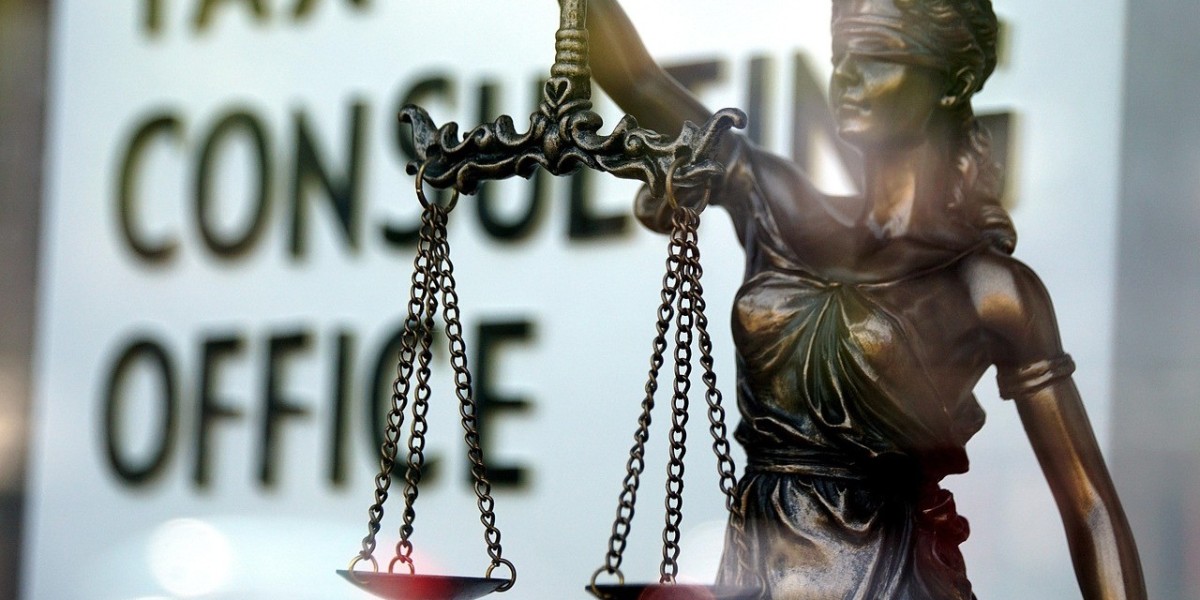Introduction
Latin America is a region of immense natural wealth, cultural richness, and resilient people. Yet, beneath its vibrant diversity lies a troubling reality: justice often takes a back seat when profit is at stake. The phrase Profit Over Justice in Latin America captures a cycle where economic interests and corporate greed overshadow fairness, transparency, and human rights. This isn’t just about money—it’s about power, exploitation, and the future of millions.
Historical Roots of Inequality
To understand today’s struggles, we must trace back to colonial times. Latin America’s history of conquest was built on resource extraction, where silver, gold, and agricultural products enriched European empires. Wealth was concentrated among elites while indigenous communities and enslaved Africans bore the burden. Fast forward to modern times, the same dynamic persists—just under different names.
Profit Over Justice in Latin America: An Overview
When we say Profit Over Justice in Latin America, it means that economic gain often outweighs the principles of fairness. Corporations with deep pockets can influence courts, manipulate politicians, and sidestep accountability. In practice, this results in weak enforcement of labor laws, environmental destruction, and a system that favors the wealthy over ordinary citizens.
Corporate Greed in Latin America
One of the most glaring realities is corporate greed in Latin America. Multinational corporations often enter the region with promises of jobs and development. However, their true objective is profit maximization. Local elites—who control land, resources, and political influence—partner with these corporations. Together, they create an economic ecosystem that benefits the few while exploiting the many.
Latin American Corruption and Profit
Corruption is not a side issue—it’s central to how profit dominates justice. Latin American corruption and profit go hand in hand, with bribes and political favors dictating who wins contracts, who avoids jail, and who gets silenced. From backdoor deals to offshore accounts, the machinery of corruption ensures that wealth dictates justice.
Case Study: Brazil’s Operation Car Wash
One of the largest corruption scandals in history, Operation Car Wash in Brazil, exposed the deep ties between corporate money and political power. Billions of dollars were funneled through illegal contracts, implicating business leaders and top politicians. While some accountability followed, the scandal highlighted how profit-driven corruption undermines entire democracies.
Case Study: Mining Conflicts in Peru
Peru, rich in minerals, has seen repeated clashes between corporations and indigenous communities. Mining giants promise economic growth but often leave behind polluted lands and destroyed ecosystems. Local communities fight for their rights, but legal systems frequently side with corporations, reinforcing the narrative of profit over justice in Latin America.
The Weakness of Judicial Systems
Justice requires independence, but in much of Latin America, judicial systems remain vulnerable. Judges and prosecutors often face political pressure, threats, or bribery. This weakness means that corporations can commit violations and walk free, further cementing the culture of profit over justice.
Economic Exploitation in Latin America
The pursuit of profit often translates into economic exploitation in Latin America. Workers are underpaid, unions are suppressed, and communities are displaced in the name of progress. Industries such as agriculture, textiles, and mining thrive on cheap labor. Meanwhile, the environment suffers as forests are cleared, rivers polluted, and biodiversity destroyed—all for corporate gain.
The Human Cost of Profit Over Justice
Behind every corrupt deal is a human story. Families lose land, workers risk their health, and indigenous people see their traditions threatened. The imbalance fuels inequality and sparks unrest, from protests in Chile to uprisings in Colombia. The human cost is a reminder that profit-driven policies come with devastating consequences.
Media and Narratives of Power
Controlling the story is as powerful as controlling money. Many Latin American media outlets are owned by elites, ensuring coverage that protects their interests. Whistleblowers, activists, and journalists who expose corruption face threats, exile, or worse. Profit-driven narratives drown out calls for fairness.
Grassroots Movements Fighting Back
Despite these challenges, grassroots organizations continue to resist. Farmers, students, indigenous leaders, and NGOs rally to demand justice. Movements in Bolivia, Mexico, and Argentina show that when people unite, they can push back against unchecked greed. These struggles keep the hope for fairness alive.
International Pressure and Human Rights
Global organizations, from the UN to watchdog NGOs, play a vital role in holding Latin American leaders and corporations accountable. Trade agreements now include human rights clauses, and consumer activism pressures companies to adopt ethical practices. While imperfect, international scrutiny provides leverage for change.
The Path Forward: Balancing Wealth and Fairness
The future depends on reforms that prioritize both growth and fairness. Strengthening judicial independence, increasing transparency, and empowering communities are essential steps. Latin America has the potential to harness its wealth without sacrificing justice—if the balance shifts from corporate greed to collective well-being.
Conclusion
The tension between wealth and fairness in Latin America is centuries old, but it continues to shape lives today. As long as profit outweighs justice, inequality will deepen. Yet, history also shows that people, when united, can demand change. The choice remains: a system built on exploitation or one rooted in fairness.


